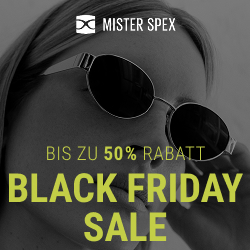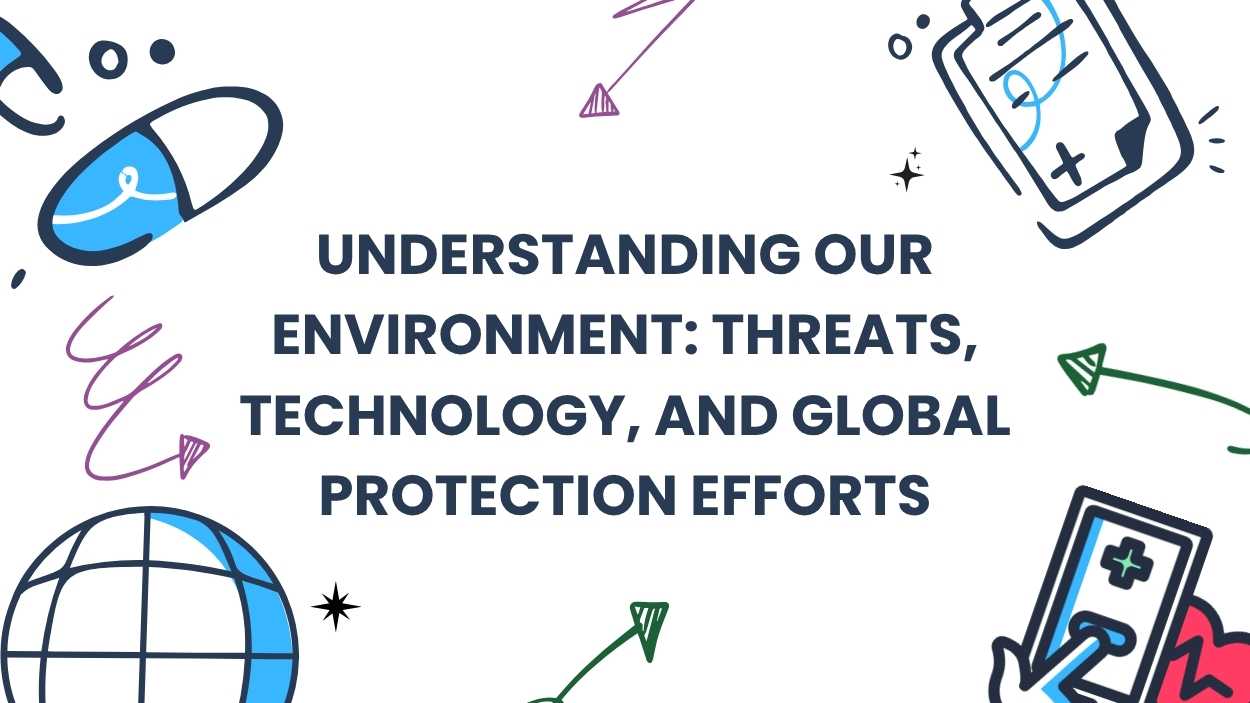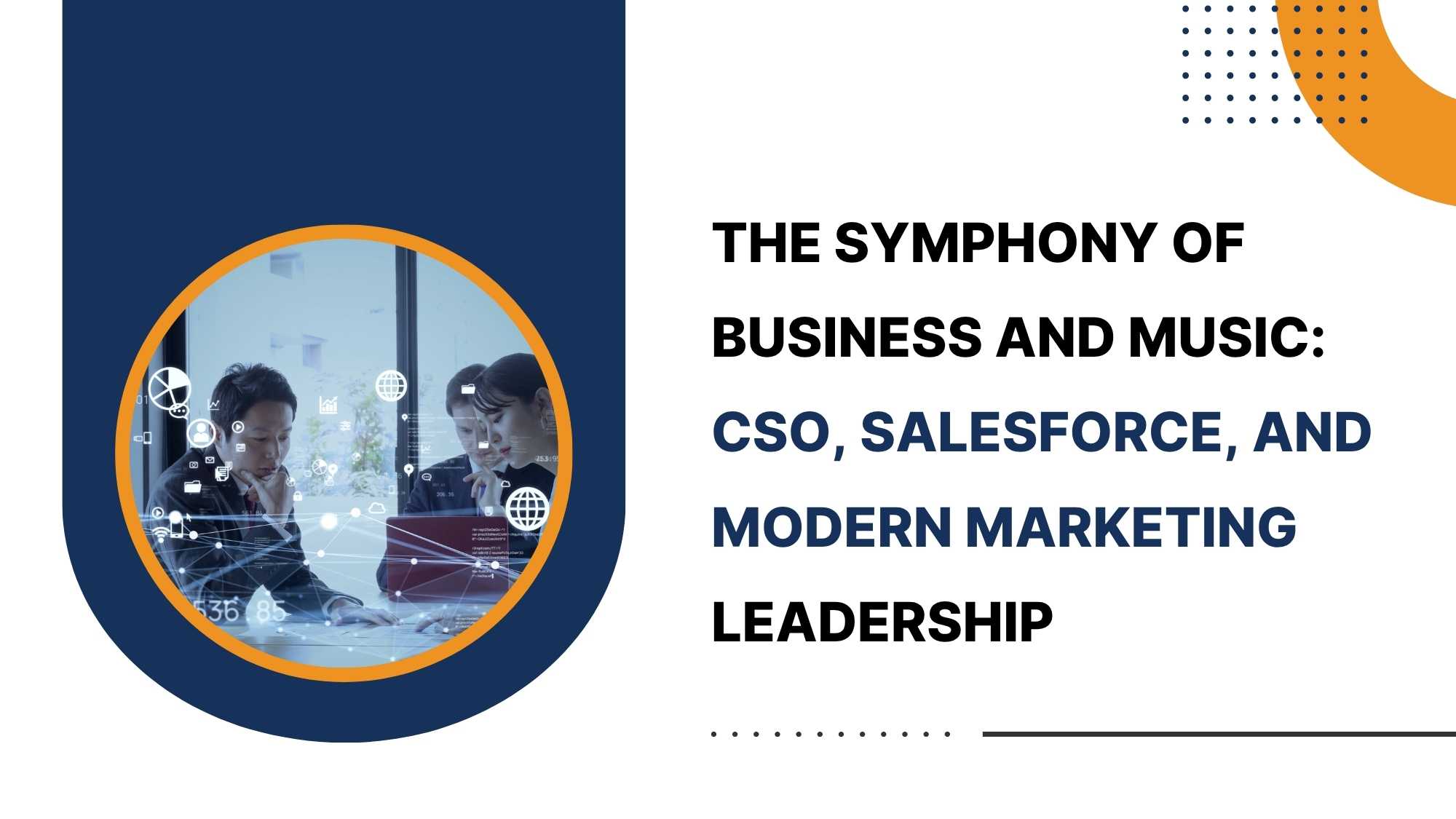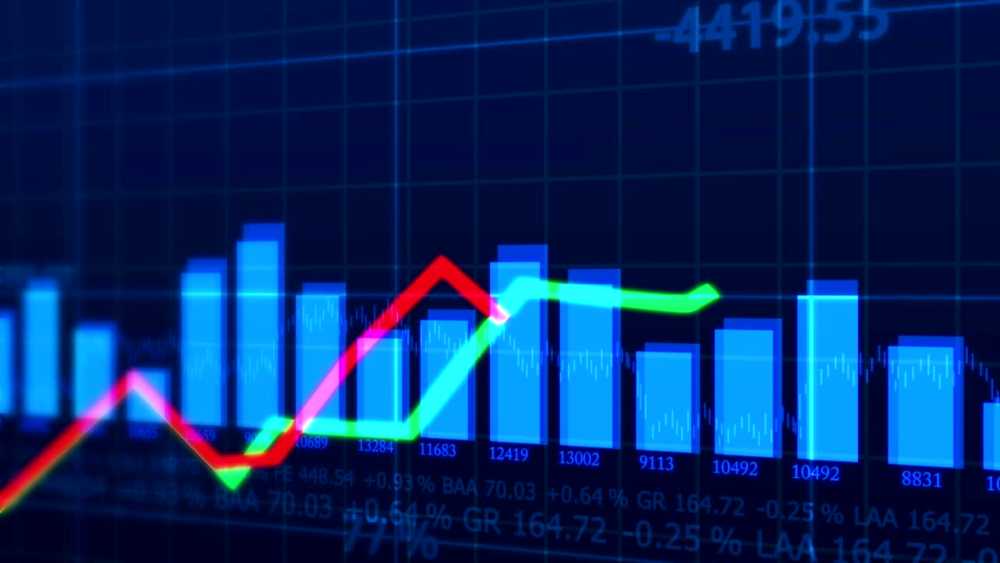The entrepreneurial landscape is undergoing a profound transformation. As we look toward 2025, the notion that profitability and purpose are mutually exclusive is rapidly becoming an outdated concept. Modern founders are realizing that baking sustainability – in its broadest sense – into the very DNA of their business from inception isn’t merely a moral imperative; it’s a strategic advantage, a differentiator that unlocks new markets, fosters deeper customer loyalty, and attracts forward-thinking investment. To launch a truly impactful and enduring venture today, one must transcend traditional business thinking and embrace a holistic approach where positive contribution is inextricably linked to commercial success.
Beyond Green Labels: A Holistic View of Modern Business
True sustainability in contemporary business extends far beyond simply adopting eco-friendly packaging or offsetting carbon emissions as an afterthought. It embodies a three-dimensional framework encompassing financial resilience, environmental stewardship, and social equity. This means building a model robust enough to withstand economic fluctuations, designing operations that minimize ecological footprint, and fostering an environment where all stakeholders – from employees and suppliers to customers – are treated with respect and as integral partners. This integrated view resonates deeply with today’s conscious consumers and investors, who increasingly scrutinize a brand’s entire value chain for genuine commitment rather than superficial greenwashing.
Strategic Models for a Sustainable Future
Choosing the foundational business model is perhaps the most critical decision a new founder makes. In 2025, this choice must be filtered through a dual lens: inherent scalability and intrinsic sustainability. Certain models, like direct-to-consumer (DTC) operations, subscription services, or productized solutions, naturally offer greater control over supply chains, facilitate resource efficiency, and foster long-term customer engagement, reducing the churn and waste associated with purely transactional relationships. Opting for a model that inherently reduces environmental impact and builds community, rather than adding sustainability as an optional extra, positions a business for organic, purpose-driven growth and strengthens its competitive moat.
Designing for both profit and purpose requires a deliberate integration of impact into every facet of the business. It starts with a compelling value proposition that not only solves a problem but does so without creating new environmental or social burdens. This extends to meticulously selecting partners who share ethical values, championing products engineered for durability and repairability, and exploring revenue models that prioritize usage and longevity over rapid consumption. Ultimately, building a purpose-driven brand means fostering a community where customers feel like active participants in a shared mission, deepening their connection beyond a simple purchase.
Authenticity: Your Unshakeable Brand Asset
However, even the most genuinely sustainable business risks losing its way without transparent and authentic communication. In an era of heightened consumer scrutiny and regulatory oversight, marketing your mission demands specificity and proof, not vague, feel-good claims. Brands must be willing to share their journey – both successes and challenges – with concrete data, certifications, and relatable narratives that demonstrate real-world impact. Educating and empowering your audience to participate in your mission, rather than simply preaching to them, transforms your sustainability efforts into a powerful and defensible brand asset, fostering unwavering trust and long-term advocacy. Building a sustainable business is, therefore, an intricate dance between conscientious design, strategic execution, and forthright storytelling, leading to a truly resilient and respected enterprise.













